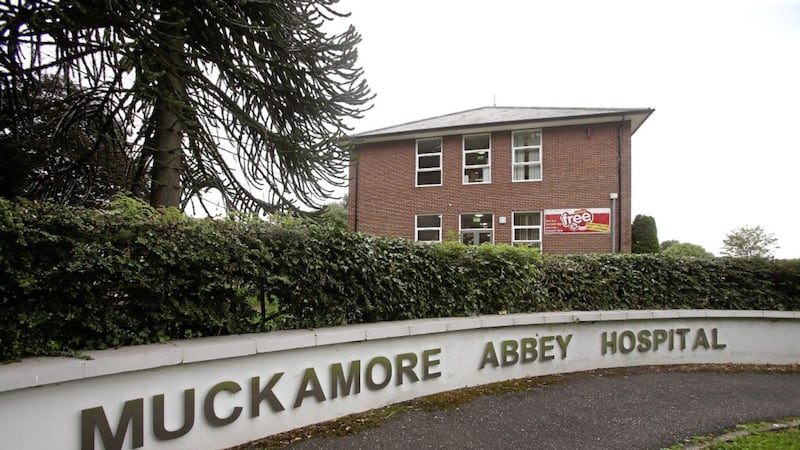THERE'S an overused metaphor, repeated often in US politics, of the boiling frog.
So the story goes, if a frog is thrown into boiling water it will immediately jump out; if it is put into lukewarm water which is slowly brought to a boil, it will not realise the danger and will be cooked to death.
As a tale it's implausible because frogs, like almost every living organism, can feel pain and will jump out of any water which becomes uncomfortably hot.
But the idea that we can get used to hurt if it is inflicted in stages remains a powerful one. The French writer Albert Camus famously said "after a while you could get used to anything".
The north has been without a government for more than two years. Journalists have now become quite used to asking questions of government departments - will our A&E waiting time targets change in line with England and Wales, will our divorce laws be relaxed, will anti-stalking legislation be introduced? - only to be given a standard response that no important decisions can be made in the absence of an executive.
Several months ago new legislation was unveiled which aimed to give civil servants clearer guidance around what decisions they can take.
The law stated that civil servants can make decisions if they feel they are in the public interest.
Unfortunately, many things are in the public interest which civil servants do not have power over.
For months, this newspaper's health correspondent Seanín Graham has revealed scandal after scandal surrounding the alleged abuse of vulnerable patients at Muckamore Abbey Hospital in Co Antrim.
Had it not been for Seanín's work, it's unlikely that claims patients were subjected to horrific mental and physical abuse would ever have been aired publicly.
But now they have.
Serious concerns have been raised about the conduct of the Belfast Health and Social Care Trust, which has responsibility for the hospital.
Just over a week ago, seven nurses linked to the scandal who were suspended from working in the NHS by their professional body had their bans lifted in the High Court after the trust was unable to provide enough evidence to the regulator, the Nursing and Midwifery Council.
The father of one patient who was ill-treated branded the trust's handling of the case "shambolic" and said he had "no confidence" in the health body.
Both the DUP and Sinn Féin have called for a public inquiry into the scandal - one of the few matters the two main parties can agree on.
The only difficulty is that civil servants cannot call for a public inquiry - only the secretary of state can.
During an urgent question in the Commons, DUP MP Gavin Robinson asked Karen Bradley to set up an official inquiry. Her answer that she would consider the points raised seemed to be a particularly dismissive way of saying no.
The head of the civil service David Sterling has already warned that the north could become used to the "new normal" - having no ministers at all. A cynic would say that no one has really noticed the difference.
It's true that the assembly was hardly an example of effective law-making. The inquiry into the Renewable Heat Incentive scandal frequently showed that, without any prompting, several government ministers could spectacularly fail to do their jobs.
But at least the assembly did exist and could make decisions.
There is no possibility of power-sharing being restored before the summer - Brexit and May's local government elections have put paid to that.
There is nothing, however, to stop the main parties from acting as a unit in important cases. No reasonable person could oppose an inquiry into the alleged abuse of some of our most vulnerable citizens.
No politician really wants public services to decay to such an extent that it would take a generation to restore them.
No-one wants social housing projects to be mothballed and the resulting rise in homelessness which is likely to occur if they are.
The DUP could certainly use its influence at Westminster to push for a Muckamore inquiry. But a cross-party group of politicians, working in unison to put pressure on Mrs Bradley, might make a stronger impression on voters.
The secretary of state has shown she is perfectly happy to do nothing.
But doing nothing is not an option for families who have been left devastated by allegations their loved ones were abused in a place where they should have felt safe.
There are some things no-one should ever have to get used to.








